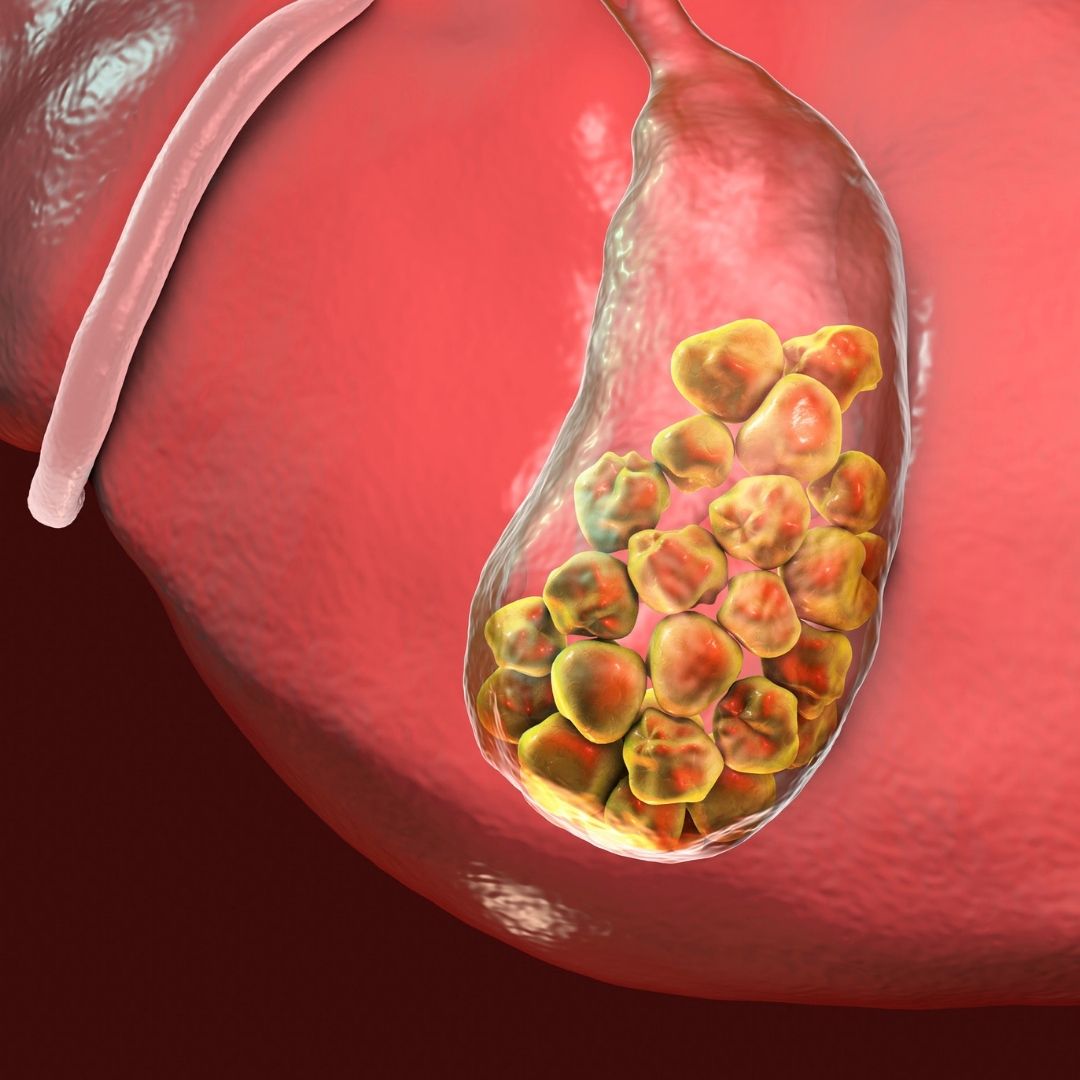Gallstones are somewhat unique in that they often can happen without the patient showing any symptoms. Many people don’t notice they have one until they feel biliary colic (abdominal pain) that is intense and sharp.
While the leading causes surround patients having a high level of cholesterol or bilirubin, the risks associated with gallstones can vary.
One of those causes which crop up a lot is familial history. Let’s discuss why gallstones may be seen as hereditary, and what factors may play a role in that distinction.
